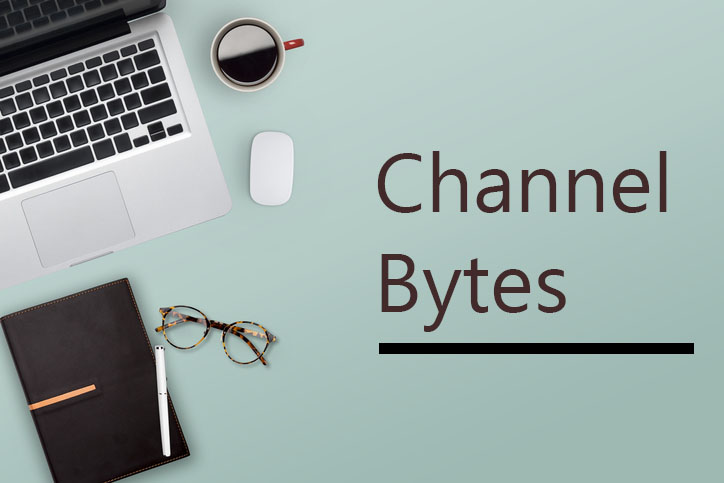Staying informed is a constant challenge. There’s so much to do, and so little time. But we have you covered. Grab a coffee and take five while you nibble on these tidbits.
Post-fire class action suit vs OVHcloud
OVHcloud is being faced with a class-action lawsuit claiming up to €1.9 million over the fallout from the March 2021 fire that destroyed its Strasbourg datacentre. Currently, 51 international companies have joined the suit, which is still open to new claimants through the Parisian law firm Ziegler Associates. Companies are demanding compensation for data loss and other damages.
Sophos adds switches to secure access portfolio
Sophos has unveiled the Sophos Switch Series, a range of network access layer switches to connect, power, and control device access within a Local Area Network (LAN), adding another component to Sophos’ secure access portfolio which also includes Sophos Firewall and Sophos Wireless.
The switches are remotely managed in the cloud-based Sophos Central platform, enabling partners to oversee all customer installations, respond to alerts, and track licenses and upcoming renewal dates via a single interface. Switches with eight, 24 and 48 ports are available for immediate purchase exclusively through Sophos’ global channel of partners and managed service providers (MSPs) and are suited for small and medium-sized businesses, remote and home offices, retailers, branch offices, and more.
Palo Alto Networks joins Microsoft 365 networking partner program
Palo Alto Networks has announced it has joined the Microsoft 365 Networking Partner Program to provide direct and efficient connectivity for Microsoft 365 users through its Prisma Access service, which meets all the requirements for securing Microsoft 365 and other cloud applications to enable safe and reliable Zero Trust access to applications. Prisma Access offers a cloud-delivered security platform spanning over 100 global locations in more than 70 countries.
Ivanti announces Neurons for IIoT platform to accelerate supply chain operations
Ivanti Wavelink, the supply chain business unit of Ivanti, has announced Ivanti Neurons for Industrial Internet of Things (IIoT) to help organizations further automate and optimize their supply chain operations. It allows them to create low-code or no-code applications that automate and enhance supply chain processes, as well as deliver completely new capabilities. Organizations can seamlessly integrate these IIoT applications into existing operations, connecting machines, devices, workers, and systems, maximizing productivity, deepening insights, and improving visibility.
Crewdle announces growth milestone; seeking new partners
Peer-to-peer videoconferencing platform Crewdle has announced that it now has 200,000 registered users, up from 10,000 in December. The Montréal-based technology start-up is working on strengthening its relationships with current channel partners, while working to build links with new ones; the new Partner Program, in collaboration with PartnerStack, has allowed the onboarding of more than 25,000 new affiliates over the last month. The product is available free of charge with some restrictions; subscription-based packages are also offered to SMBs and individual users. It is also free for small- and medium-sized non-for-profit organizations (NPO); significant discounts are also offered for larger NPOs. It is also available via the AppDirect Network Catalog and through its network of AppSmart professional advisors. Crewdle works in popular desktop browsers, is optimized for Safari (iOS), and for Chrome (Android), and can be integrated with Google Calendar, Microsoft 365 Outlook Calendar, and Slack.
Windows 11 adoption low: report
According to research by IT asset management platform provider Lansweeper, less than one per cent (0.52 per cent) of PCs have updated to Windows 11, three months after the operating system was released. Data from more than 10 million Microsoft devices (80 per cent consumer and 20 per cent enterprise) showed that Windows 11 is the fifth most popular Windows OS, behind Windows 10 (80.81 per cent), Windows 7 (5.75 per cent), Windows 8 (4.59 per cent), and Windows XP (3.51 per cent).
The company also found, through other research, that only 45 percent of the 30 million devices scanned at 60,000 enterprises were even capable of running Windows 11.
